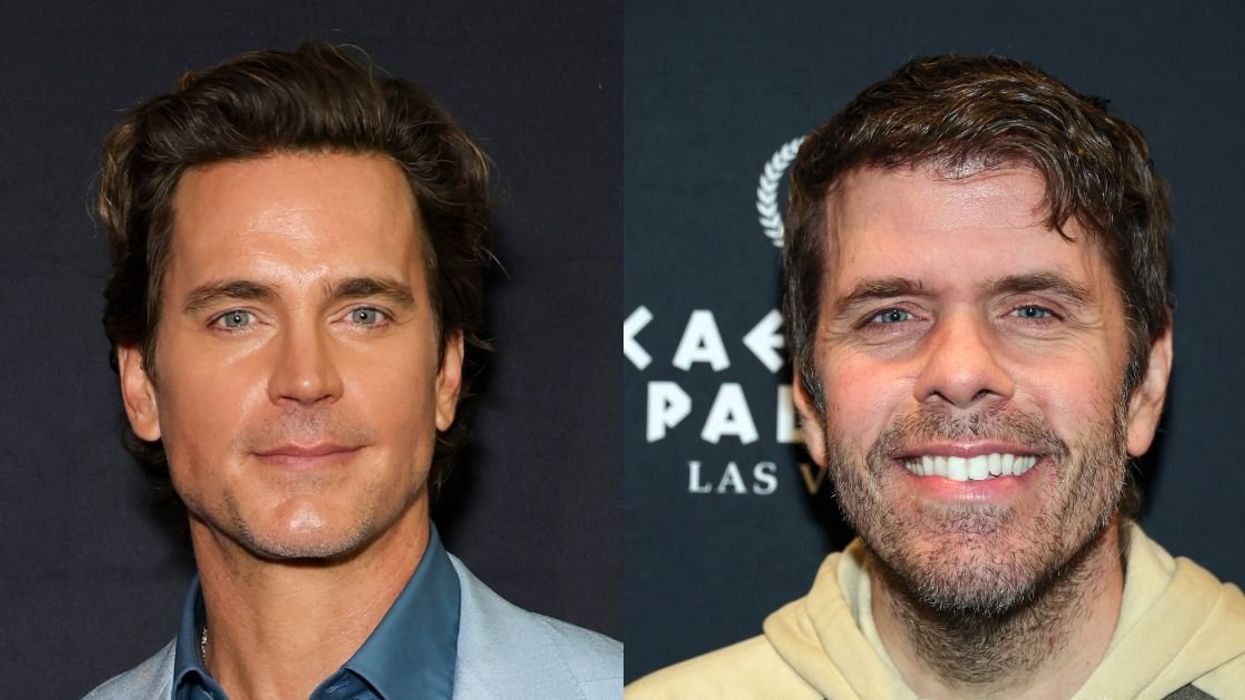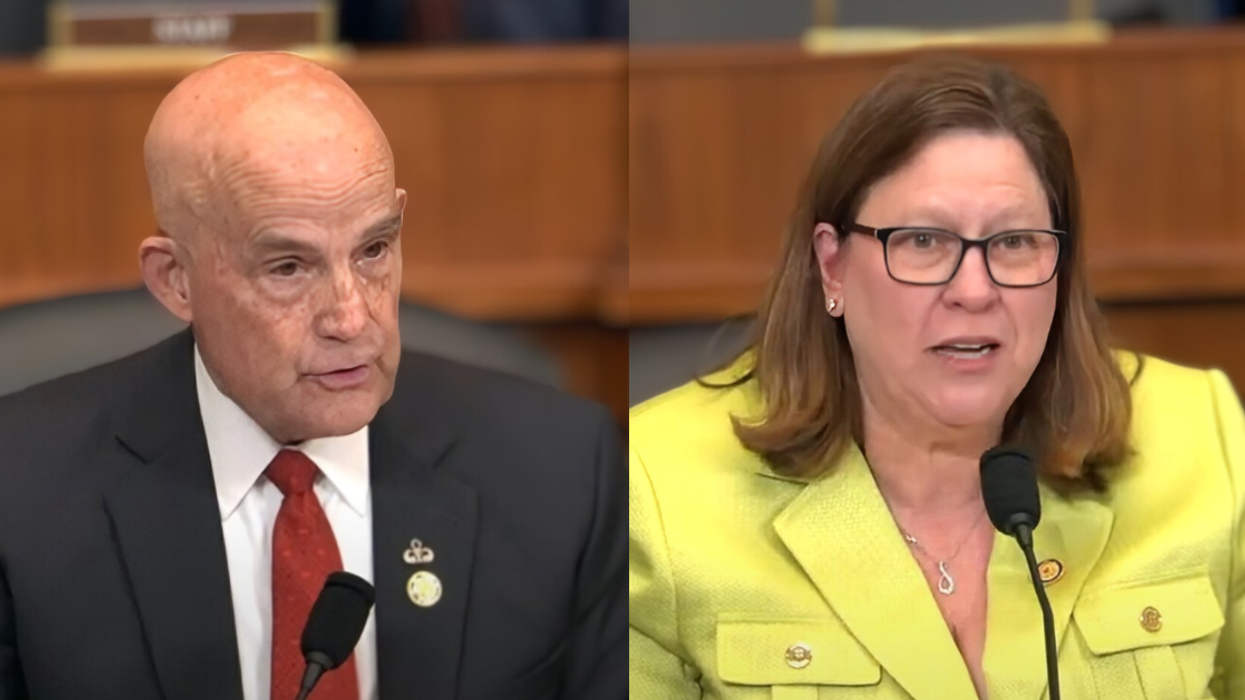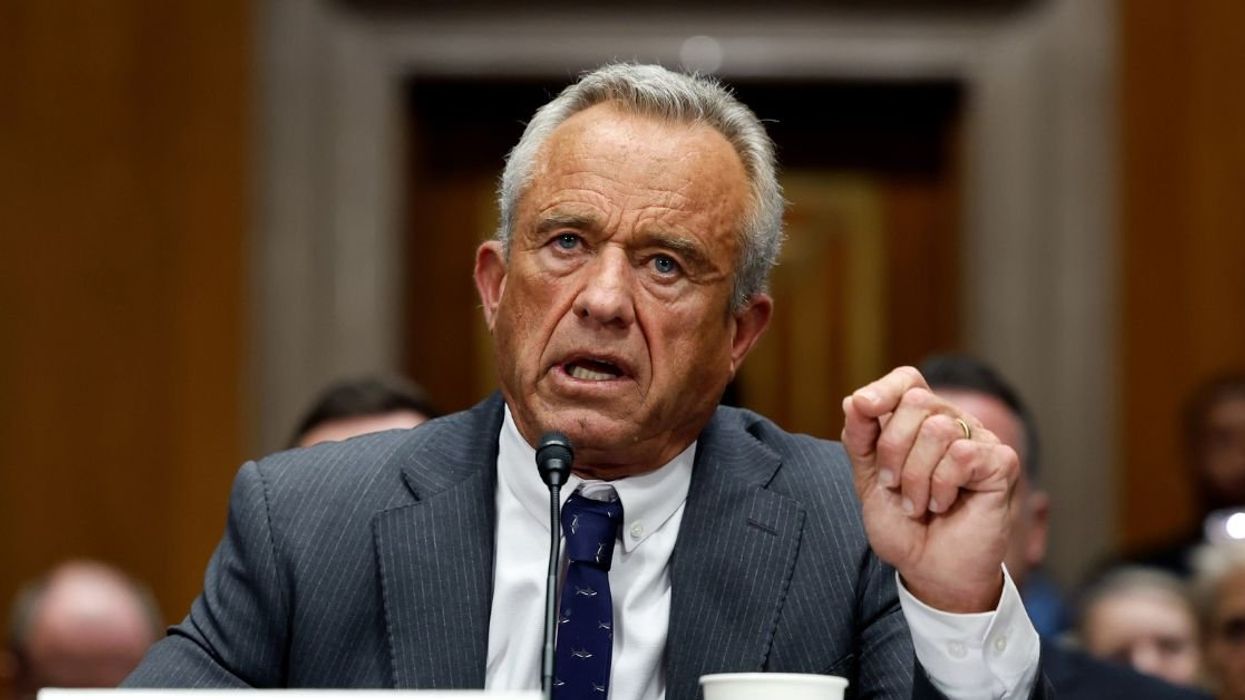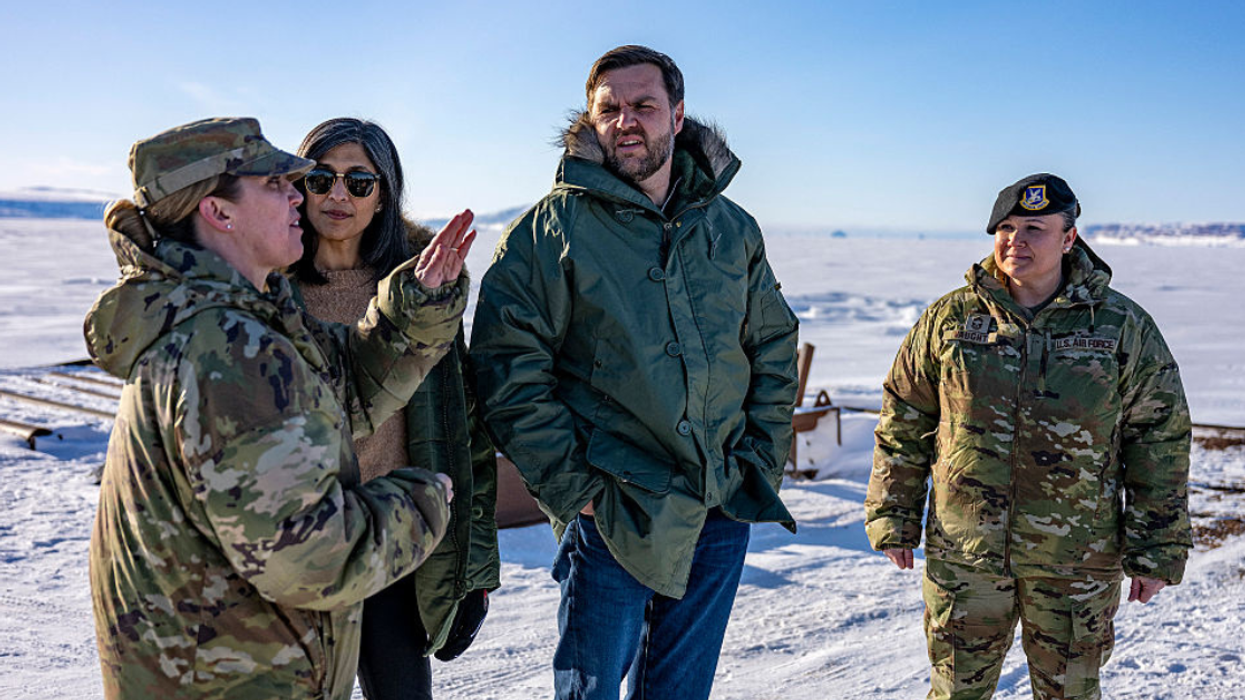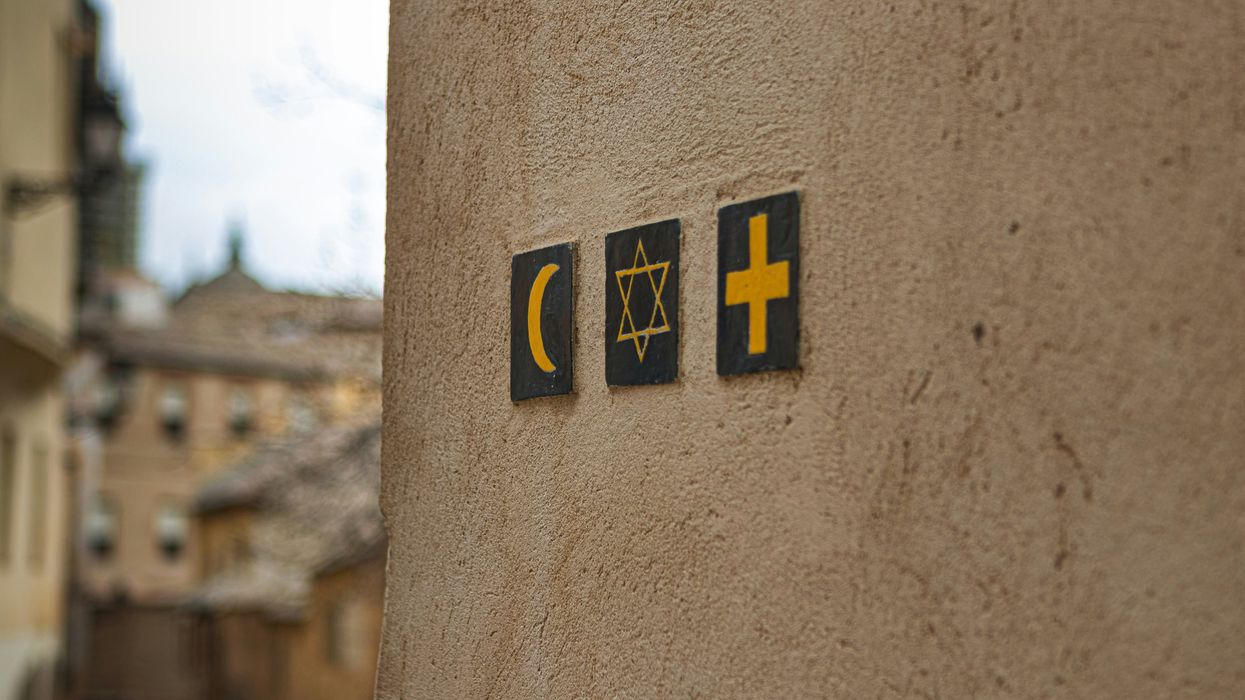It's easy to get caught up in the negative. A quick glance at social media would have you believe all of humanity is at each other's throats, angry over a grocery line or losing a parking spot to someone. This isn't every day, and sometimes the best thing for your mental health is to look at the positive bits of humanity. Remind yourself we're capable of great things.
Reddit user, u/badlungsmckgee, wanted to brighten your day when they asked:
[Serious] History is full of well-documented human atrocities, but what are the stories about when large groups of people or societies did incredibly nice things?
Starting A Movement
 Giphy
GiphyIn 1989 a man named Ian Kiernan got a bunch of people off their a--es and outside to "Clean Up Australia". 30 years on and it's still a massive annual event.. oh and now worldwide..
I remember that first time teenage me went out to my local beach to help and the amount of McDonald's rubbish was shocking... unfortunately it STILL is. But every year brings more people out to clean in their local areas. Ian died last October, rest his clean soul.
The Power Of Letters
A severely deformed English man named Joseph Merrick and known as "the Elephant Man" was treated horribly for most of his younger years, used as a circus "freak show" by different people (they covered him in a blanket and would take it off for people to see his disfigurements) who all robbed him blind and left him to die. He wound up in a hospital in London, where a doctor examined him and took care of him as best he could (the deformities were not painless). The hospital couldn't afford to take care of him, so the surgeon posted a letter in the London newsletter, telling Merrick's story and pleading for someone who would be willing to pay/care for Merrick for the rest of his life (it was not expected to be long).
A year later, the surgeon sent another letter to the newspaper, thanking the countless people that had sent money to the hospital, allowing them to care for Merrick until he passed.
When I first read those two letters I bawled my eyes out.
Edit: a few mistakes I made that should be corrected. The person who wrote the letters to the London Times was FC Carr-Gomm, a chairman of the hospital, not the surgeon Treves that had befriended Merrick. Treves had met him while he was doing exhibitions, not when he showed up at the hospital. The time between the first and second letters was three and half years, not one year.
Here is the link to the letters if anyone wants to read them themselves: https://www.lettersofnote.com/2016/08/the-elephant-man.html?m=1
Making The Best Of Any Situation
This is just one man, but his story has stuck with me ever since I heard it.
In 1939, Maximilian Kolbe was arrested and later sent to Auschwitz. During his time there all he did was help others, praying for the dying and comforting many. In 1941, after a prisoner from his block escaped, an SS officer arrived and announced that he would select 10 prisoners to be starved to death, and Kolbe was not among them. After hearing one of the men cry out for his wife and children, Kolbe volunteered to take the man's place. The officer agreed and Kolbe led prayers and sang with the other 10 prisoners until he was the last one left alive. He was executed by a phenol injection shortly afterwards.
Unity Across The World
The Choctaw Native American tribe sent relief funds to Ireland during the great potato famine. A remarkable act of generosity especially considering that was shortly after the Choctaw had been displaced off their traditional land.
Source:
Ireland has set up a scholarship to begin in Autumn of 2019 as a form of thank you. It allows students of the Choctaw community to come to Ireland to study.
Never Let Snow Stop You
In December 1917 a horrible accident in the harbor of Halifax, Nova Scotia resulted in an explosion the largest ever created by conventional bombs. Two ships carrying ammunition for the war crashed into each other and exploded. The resulting damage killed 2000 people and injured over 5000. A 16-inch snowfall the following day made matters even worse.
Boston responded and sent trains and boats of medical and building supplies. They also sent most of the entire school of medicine at Harvard to help save lives.
To this day, Halifax remembers Boston's kindness by sending a large Christmas tree to be displayed in Boston Commons each year.
Let Others Not Suffer As We Suffer
During the plague pandemic, the residents of the small village of Eyam, in the countryside of England, democratically decided to build a wall around the city - not to keep the plague out, but to avoid it spreading to the nearby cities.
Supreme bravery and altruism, right there.
It was a virtual wall - they quarantined themselves in the village.
Supplies were left by a well nearby in exchange for money soaked in vinegar.
If you are ever visiting the Peak District it is worth a trip. The old houses have plaques on them showing who died there.
Take To The Skies
The Berlin Airlift.
After WWII, Berlin was divided by the Allies (West) and USSR (East). But Berlin was in East Germany which was controlled by the soviets. And they eventually blocked all access from roads and railroads to West Berlin in 1948. So the allies decided to airlift all the supplies to the city which was an enormous task. They flew about 200,000 flights in a year to the city and were able to keep it adequately supplied. Eventually the Soviets gave up and opened up the roads and railroads.
Holiday Exchange
During WWI on Dec 6, 1917, two military ships collided in Halifax harbour. One of them was filled with military explosives, and the resulting explosion levelled the city of Halifax, NS, Canada. The Halifax explosion was the largest man-made explosion until the development of the atom bomb, remains the largest mass blinding in history. 2000 people died, and 9000 were injured. Shocks were felt over 200 km away. It was a generally catastrophic event for the town I grew up in.
At 10 pm the same day, Boston sent a train of medical personnel and supplies to Halifax. Although it didn't reach us until two days later due to a snowstorm, they provided critical supplies to the town and relief for local medical teams who had not rested since the event. Their help saved many lives, and helped to mitigate the effects of a horrific event. To this day, we learn about the help Boston provided us in school, and every Christmas we send them a Christmas tree to thank them.
That's ONE Way To Handle It...
the gulabi gang.
in rural india, women area treated worse than property, and after witnessing their daughters, sisters, mothers and even themselves getting beaten by men and being met with "what did you do to egg him on?" a bunch of women formed a 'gang', wore pink(or 'gulabi') saris, and went around beating the sh-t out of men with sticks who beat women. Together they were terrifying to wife-beating sh-theel men, and men started to fear their wrath so much that domestic abuse began drying up in the area. The concept started spreading all over to where there were rampant problems with domestic abuse.
Keep The Awful To A Minimum
When a few men sacrificed their lives to prevent a secondary explosion in Chernobyl that would've spread radiation across Europe.
A Ticket To Escape
I'm not sure if a Filipino Redditor mentioned this already but the Philippines saved a large amount of European Jews by giving them Filipino passports just so they can escape Nazi Europe - all thanks to the efforts of President Manuel Quezon and his team that did it over a brunch meeting, if the history books are to be believed.
It is why Israel considers my country a friend of the nation for the actions of our first Commonwealth President.
Work Without Stop
This story is from Bihar state in india. Dashrath Manjhi, famously known as the Mountain Man who single-handedly carved a path through a mountain. He carved a path 110 m long (360 ft), 9.1 m (30 ft) wide and 7.6 m (25 ft) deep through a hillock using only a hammer and chisel. After 22 years of work, Dashrath shortened travel between the Atri and Wazirganj blocks of Gaya town from 55 km to 15 km.
And this was just because he wanted his village people to have faster access to medical facilities. Death of his wife inspired him to do this, because she couldn't get the medical attention in time.
Brothers Across Arms
I always remember the Christmas truce of 1914 as a remarkable act of chivalry and peace between enemies during one of the most devastating wars in history. That despite all the horrors around them and the fact that human beings were being killed in their thousands, for a few days everyone managed to lay down their arms and treat each other as friends.
Welcome, Emperor!
In 1859, an insane homeless man from San Francisco named Joshua Norton proclaimed himself Emperor of the United States... and the people of San Francisco went along with it. He was widely beloved, treated with great deference, and the currency he created himself was honored at the establishments he frequented. When he died, 10,000 people went to his funeral, and he is either referenced by or inspired characters in works by Mark Twain, Robert Louis Stevenson, Christopher Moore, Morris and Rene Gascinny, Selma Lagerlöf, and Neil Gaiman.
No one seems to be adding on some of the amazingly nice things he did in his life as emperor. He was once arrested and after public outcry, released. Instead of being upset about the ordeal he gave his official imperial pardon to the officer who arrested him. From that moment on San Francisco police saluted him on sight.
There was another well recorded instance where a race riot was potentially about to break out, San Francisco being famous for its controversial treatment of Chinese immigrants. As a fight began to break out, before it could get bloody, emperor norton stepped in the center and began loudly reciting bible verses. Instead of fighting everyone just listened.
You Have Only 6 Days
 Giphy
GiphyIt is the winter of 1924 and there is only one doctor, Doctor Curtis Welch, in the small town of Nome, Alaska. Weeks after the deaths of several children, from what was originally misdiagnosed as tonsilitis, Dr. Welch confirms the presence of diptheria in his hospital. By great misfortune, all of the hospital's diptheria antitoxin had expired just after closure of the port; more would not come until spring. Fearing an epidemic and more fatalities, Welch pleads for assistance from the U.S. Public Health Service.
A meeting of the Board of Health determined that the only way to deliver the necessary amount of antitoxin and prevent a diptheria epidemic was by dogsled relay.
Over a distance of over 1,000 kilometers.
In the middle of the Alaskan Winter.
In under six days.
In favorable conditions, this journey would normally take around 30 days. It had to be completed in six, or exposure would cause the antitoxin to expire and, as Dr. Welch had sadly discovered, expired antitoxin had no effect.
With winds exceeding 40 km/h, temperatures at or below -50 celsius, and the low visibility from the polar night, 20 men and dozens if not hundreds of dogs braved all of these conditions and, in exactly six days, successfully delivered 100% of the antitoxin.
Several of the men suffered severe frostbite and many of the dogs died on the journey. However, the epidemic was stopped and, depending on who you ask, saved thousands of lives by stopping the disease from spreading outside of Nome.
What Better Day To Put Your Life In Front Of Another?
I don't remember how long ago it was, but certainly around the time of the Arab Spring, when Egypt's Coptic Christian community was particularly vulnerable, a bomb planted by Islamic extremists exploded near a Copt church shortly before Christmas, which put the fear amongst the Copts that they were being targeted. Sure enough, on Christmas day they arrived at their Churches to find them surrounded by crowds of Muslim demonstrators.
Who then acted as human shields to protect them from more bombs. They knew that the extremists would be less likely to risk killing fellow Muslims.
Are you a historian with knowledge of a wonderful act of humanity? Share it with us!



